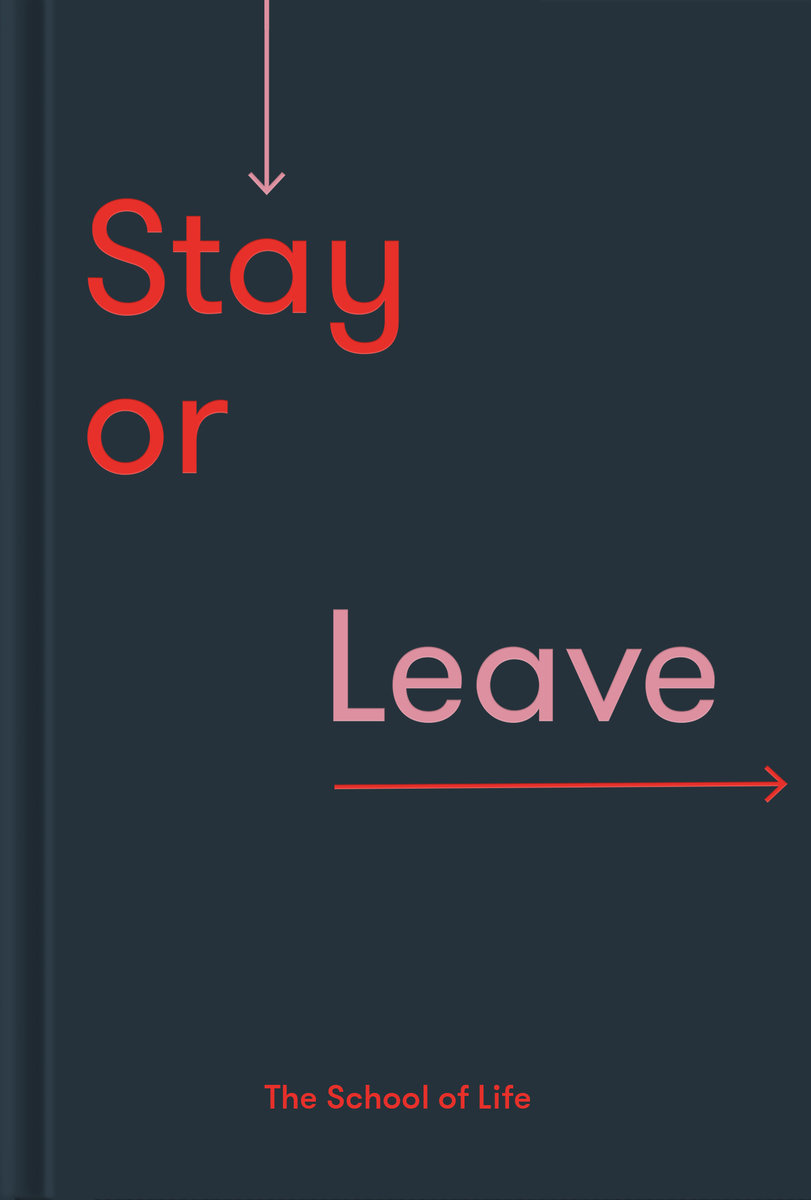A book to offer clarity and guidance when facing the difficult decision of whether your relationship has a future.
Whether we should stay in or leave a relationship is one of the most consequential and painful decisions we are ever likely to confront.
What makes the issue so hard is that there are no fixed rules for judgement. How can we tell whether a relationship is 'good enough' or plain wrong? How do we draw the line between justified longing and naivety? Does someone 'better' actually exist? Should the feelings of children be counted (and what might they be in the long term)? Could one's partner change, perhaps with therapy, or should one assume that who they are now is who they will always be?
All these questions typically haunt our minds as we weigh up whether to stay or go. With no axe to grind or ideology to promote, Stay or Leave walks us gently through our options, opening our minds to perspectives we might not have considered.
This book aims to take the reader towards a time, presently hard to imagine, when the choice will no longer feel so agonizing. Using its lessons, we can understand ourselves deeply, consider our options, minimize our regrets and find the way ahead.
REFRESHINGLY PRAGMATIC relationship advice for couples of all kinds.
ROMANTIC REALISM a common sense way to look at your relationship.
RELATIONSHIP TOOLKIT for working through your fears and anxieties.
THERAPIST-RESEARCHED draws from The School of Life´s Therapy department and their experience providing couples therapy.


